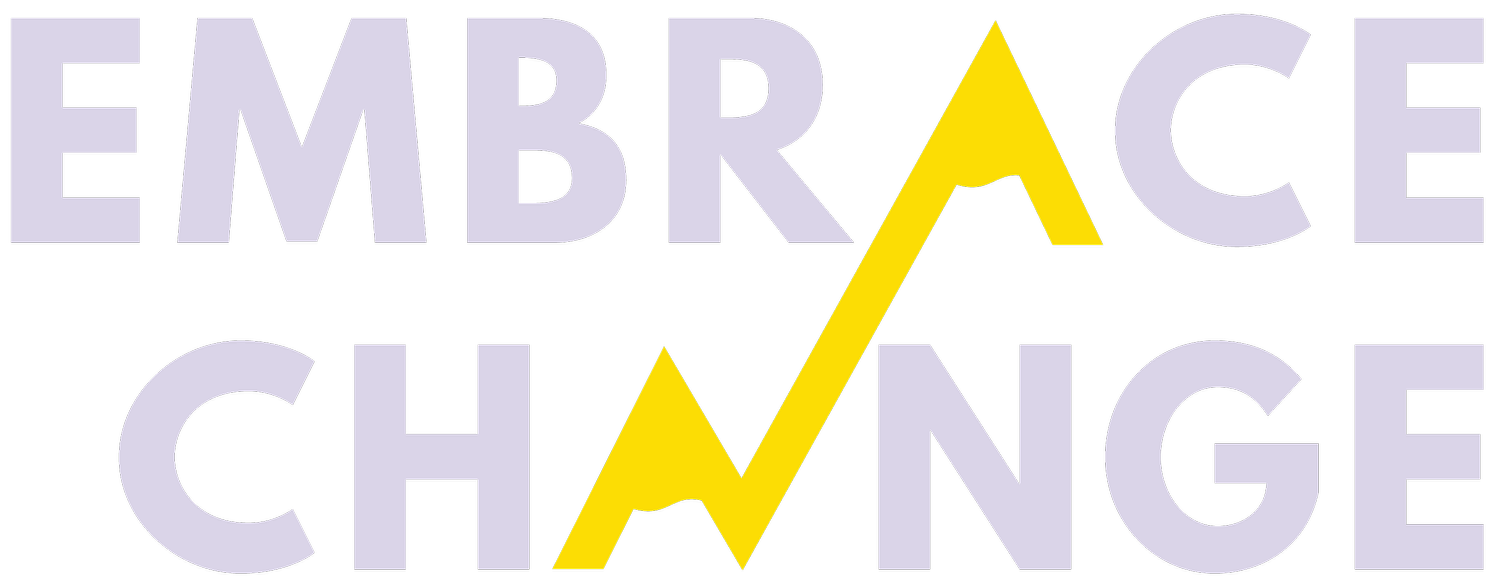Reclaiming Networking
I’ve been thinking about this a lot recently – how networking is so central to crafting the careers that we want. I’ve also been reflecting on my own breakthrough with networking. I used to HATE networking as much as the next person. It brought to mind a big, impersonal room full of lots of people (mostly white men) in suits, having business conversations with a drink in one hand.
Suffice it to say, I dreaded networking events like no other.
Even when they weren’t as awful as the above description, I found them forced, painful, and, ultimately, not helpful.
After I realized and then accepted that going to these kinds of events wasn’t a good use of my time or energy (as an introvert, I’d be completely drained by them), I started meeting with people one-on-one instead.
And it was glorious!
I also started listening to my instinct when it came to who to approach or engage with – whether in real life or online. At first I looked for people who seemed most like me in hopes that they’d be friendlier or simply easier to talk to.
After a while, I came to view networking as relational – me looking to build new relationships, make new friends.
It was a far cry from the transactional, what-can-you-do-for-me vibe of many of the networking events I dreaded.
As I thought more about all of this (and in conjunction with the teachings of Tad Hargrave of Marketing For Hippies on how to understand your own role in perpetuating unjust systems as a professional or business owner and this one from HBR about how men and women need different kinds of networks to achieve traditional career “success”), I had another realization.
Perhaps what I’d been doing, slowly and intuitively, was reclaiming networking for myself.
Here are 5 ways we can go about this for yourself:
1. Think of networking as connecting with others.
Avoid thinking, “What can this person do for me?” Instead, ask yourself, “Who is this person?” “What’s important to them?” “How can I be helpful to them?” “How can we work together toward a greater good?” “Who else can I introduce this person to – to help them both build stronger communities?”
2. Don’t fight for a bigger piece of the pie, make the pie bigger for everyone.
Resist the idea that we must compete with each other on the “climb” to the “top” of the ladder. This leads to stress, low self-esteem, narcissism, and strengthens a hierarchical class structure. Operate as if there is room for all of us to flourish – because there is, we simply have to do the work to figure out how.
3. Maximize equity, not personal gain.
Think of how we can use our professional connections and relationships to undo inequity. Put effort into lifting up others – especially people of color and others from marginalized communities – as we ourselves are lifted up too.
Ask others who they are hoping to meet, opportunities they’re seeking, or organizations and work that they are interested in. Prioritize lifting up those from marginalized communities.
4. Resist equating your entire identity and value as a human being with what you do for a living, how much you earn, or your status in society.
Strengthen your connection with your environment, the land, your communities, and your values.
When meeting someone, substitute the standard “So what do you do?” with “What do you like to do for fun?” or any number of other alternatives I shared in a recent article. In response to the “So what do you do?” question, you can share what you do outside of work in addition to your profession, e.g., “By training, I’m a doctor, and I love hiking and learning about how I can live more sustainably.”
5. Understand what your career and life missions are.
Think critically about whether or not they have a net positive impact on communities and the environment. If not, ask yourself what needs to be adjusted in order to have a net positive impact.
Let me know how it goes for you!



